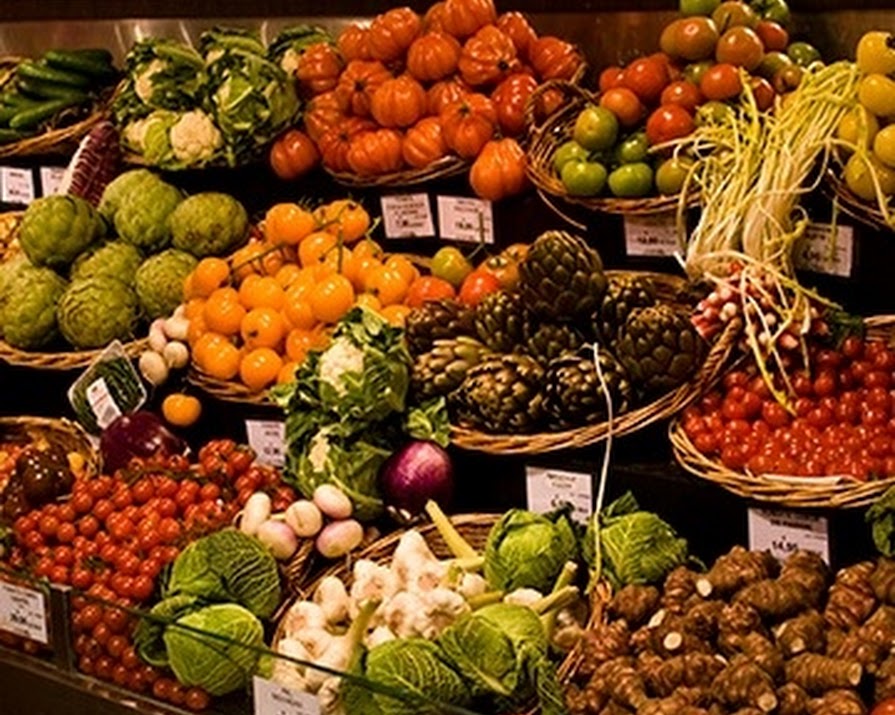
By IMAGE
25th Aug 2015
25th Aug 2015
Eating good healthy food (fruit and’vegetables, grains, nuts and’seeds, local fish and meats, dairy, eggs and organic food) is a necessity not a luxury but often people say, ?I am trying to watch my spending, it costs too much.? Well, that doesn’t have to be the case.
1. Shop around and compare prices between independent food shops/markets and the supermarkets. Get to know your local shopkeepers or stall holders and always enquire about deals and bargains of the week. Local food markets at the weekend usually offer discounts on their produce to move it on before end of week perishability. Always ask for a bargain. Don’t be nervous. If you don’t ask, you won’t receive. Also buy long life foods like grains or seeds in bulk from independent food shops if you have the adequate space to store them. Again, discounts should be on offer for buying whole foods in bulk but once again you must ask for them. Most shops and supermarkets have loyalty cards, use them.
2. Eat seasonally – seasonal foods are cheaper by far. It makes perfect sense too. If something is in season, it’s grown locally, is in abundance and doesn’t have to travel far to get to you, that equates to fresher, healthier and tastier produce as well as better value. Ask your local shop or supermarket ‘what’s in season?’. If they don’t know, don’t buy it. If you live near a farm or your neighbour has a vegetable plot or allotment always ask if they have any surplus fruit and vegetables in abundance. You’ll be surprised.
3. Start small. Do not completely overhaul your current routine in one day. It’s easy to get over-motivated and try to tackle too much, which can backfire. Focus on making a series of small steps, each of which is attainable, rather than attempting to change all at once. If you are new to health food, make a gradual transition, don’t stress out about it, and start with replacing five items?a week with healthier options. Keep it simple. Oats or eggs for breakfast, fruit to snack on, homemade soup or salad for lunch, stir frys or stews for dinner with lots of vegetables, meat or fish and herbs to spice up your life.
4. Eat better, rid your cupboard (and life) of processed refined foods and fill your fridge with energy giving foods that will nourish you. Buying fresh can ultimately be cheaper than buying processed convenience foods. Try making your own foods from raw ingredients. Be positive. The belief that you can make a change is a powerful force. You’re much more likely to reach a goal if you have confidence in yourself. Have faith in your ability to change.
5. Write it down. Writing helps to solidify your commitment and focuses you on your end result. Write down what you want to achieve. Create a menu and shopping list and stick to it, decide what you are going to eat for the week and buy only those items you need. Make your own granola or muesli; make your own energy balls, or green juice. Make sure that nothing goes to waste, freeze what you don’t use and add to smoothies and soups, preserve and dehydrate.
6. Eat the whole food. Did you know that the greens and stalks of the cauliflower can be eaten? ?Dehydrate the lemon, orange or lime skin (delicious with cakes and puddings), bake and roast your potatoes with the skins on, juice the whole fruit, refrigerate and freeze bulk homemade soups, stews and bakes. Reduce food waste, save your money and be healthier.
7. Keep track. Self-monitoring is a powerful tool to help instill new habits and achieve success. That could be writing down what you eat in a food diary, using a mobile app to calculate calories, checking off vegetable servings, logging your daily activity. Find a buddy. Making changes is easier and more enjoyable when you have someone who will join you and keep you motivated. Seek out a friend, co-worker, or family member who will adopt these healthy habits with you.
Oliver McCabe @NutritionOliver























